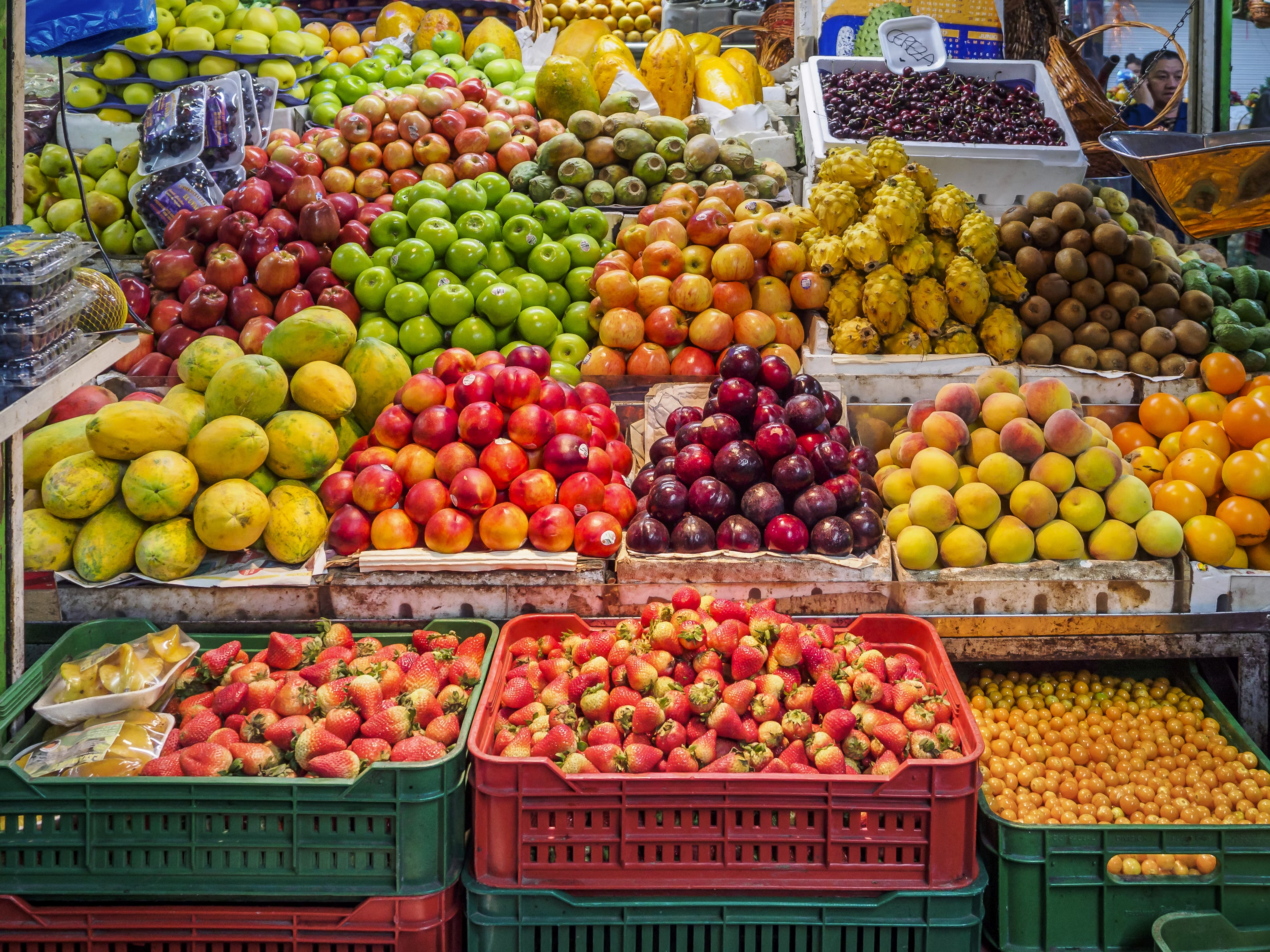Protein-Rich Fruits: Nature's Hidden Gems
Proteins are crucial building blocks for the human body, essential not only for muscle repair and growth but also for various metabolic activities. While meat, dairy, and legumes are commonly recognized as protein-rich foods, many fruits also contribute a noteworthy amount of protein to one's diet. This aspect of fruits is often underestimated.

Proteins are crucial building blocks for the human body, essential not only for muscle repair and growth but also for various metabolic activities. While meat, dairy, and legumes are commonly recognized as protein-rich foods, many fruits also contribute a noteworthy amount of protein to one's diet. This aspect of fruits is often underestimated.
Fruits provide a host of nutritional benefits including vitamins, minerals, fiber, and antioxidants. They also contain different levels of protein, which can contribute to the overall daily protein intake when consumed as part of a balanced diet. For individuals looking to boost their protein intake through fruits, understanding which fruits are richer in protein can be particularly helpful.
Knowledge about the protein content in fruits allows for smarter dietary choices, especially for those following vegetarian or vegan diets. With diverse options available, from the protein-dense guavas to the moderate protein content in berries, incorporating a variety of fruits can make a significant difference in meeting nutritional needs.
Nutritional Profile of Common Fruits
Fruits are not only refreshing and delicious, but they also offer a wide array of nutritional benefits. This section explores the vitamins and minerals present in fruits, their fiber content, and the variety of antioxidants they contain, each contributing to a well-rounded diet.
Vitamins and Minerals in Fruits
Fruits are potent sources of essential vitamins and minerals crucial for bodily functions. For instance, oranges and kiwi are celebrated for their high vitamin C content, which is vital for immune system function and skin health. Bananas are known for their potassium, aiding muscle and nerve function, while avocados provide healthy fats alongside a dose of vitamin A, important for vision and immune health. The magnesium found in figs supports over 300 enzymatic reactions in the body, including energy creation and protein formation.
- Guava: Remarkable for its high vitamin C, folate, and potassium content.
- Berries: Strawberries, raspberries, cherries, and blueberries are rich in antioxidants and vitamin C.
- Apricots: Offer valuable amounts of vitamin A and potassium.
Fiber Content and Its Importance
Fiber in fruits plays a significant role in maintaining digestive health and regulating blood sugar levels. Apples and pears, with their skin on, provide a hearty dose of soluble and insoluble fiber. Soluble fiber is known for its ability to lower blood cholesterol and glucose levels, while insoluble fiber helps to move material through the digestive system and increase stool bulk—blackberries and raspberries are particularly high in fiber.
- Avocados: A rich source of both fiber and healthy fats.
- Bananas: Offer a good fiber content, with the added benefit of vitamin C and potassium.
Antioxidants Found in Fruits
Antioxidants in fruits help combat oxidative stress and may reduce the risk of chronic diseases. Blueberries are often lauded for their high antioxidant capacity, which comes from the presence of anthocyanins. Pomegranates and goji berries also pack a punch of antioxidants, offering a bevy of health benefits ranging from inflammation reduction to potential protection against certain cancers.
- Citrus Fruits: Including oranges and grapefruits, contain a variety of phytonutrients that have antioxidant properties.
- Tropical Fruits: Like jackfruit, offer not just protein but also a range of phytonutrients and vitamin C.
Incorporating Fruits Into a High-Protein Diet
When considering a high-protein diet, fruits may not be the first food group that comes to mind, but they can play a supportive role in diversifying sources of protein and providing vital nutrients.
Fruits with Higher Protein Content
Guavas and blackberries stand out among fruits for their relatively high protein content. For example, one cup of guava contains about 4.2 grams of protein, while blackberries offer 2 grams per cup. These fruits can be effectively incorporated into meals and snacks to boost overall protein intake. Other notable fruits include avocados and apricots, which also contribute a modest amount of protein to the diet.
Balancing Protein Sources
While fruits provide essential vitamins and micronutrients, they should be paired with other high-protein foods for a balanced diet. This might include animal-based proteins like meat, eggs, and fish, or plant-based sources such as legumes, nuts, and seeds. Adding a handful of almonds or a spoonful of peanut butter to fruit can enhance the protein content of a snack.
Role of Fruits in Muscle Function and Weight Loss
Fruits, though lower in protein than other food groups, contribute vitamins such as vitamin C and minerals like calcium that are crucial for muscle function. The fiber in fruits like nectarines and peaches also aids in weight loss by promoting satiety. Incorporating fruits with meals or as part of a high protein snack, like Greek yogurt or cottage cheese, can offer a more dynamic set of nutrients that support muscle health and weight management.
Comparative Protein Values in Plant-Based Foods
In comparison to other plant-based foods, fruits generally have lower protein content. However, when comparing per serving, tropical fruits like guava and passion fruit tend to have more protein than popular choices like bananas and oranges. Vegetables, grains, and legumes typically offer higher amounts of protein, but adding high protein fruits to the table contributes to a varied and balanced diet, ensuring an intake of diverse macronutrients and micronutrients.
Want more posts like this?Sign up for our FREE newsletter →